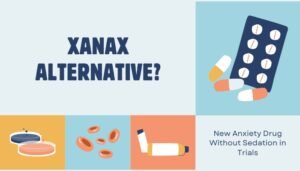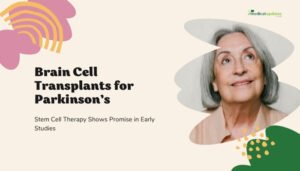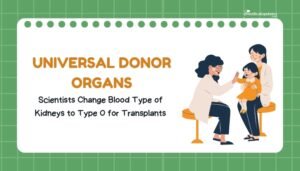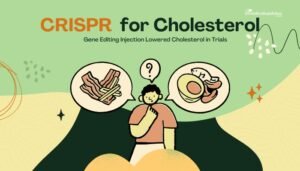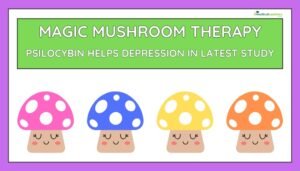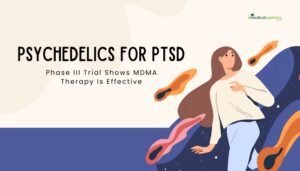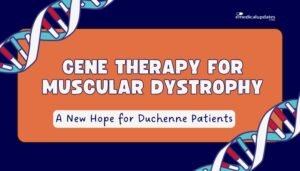New Anxiety Drug: A Possible Xanax Alternative Without Sedation
Introduction Benzodiazepines like Xanax (alprazolam) have been mainstays of anxiety treatment for decades. Yet, they come with potential downsides, including sedation, cognitive impairment, and a risk of dependence. Recently, scientists have been exploring a new anxiety drug—currently in clinical trials—that...
Read MoreBrain Cell Transplants for Parkinson’s: Stem Cell Therapy Shows Promise in Early Studies
Introduction Parkinson’s disease (PD) involves the progressive loss of dopamine-producing (dopaminergic) neurons in the brain’s substantia nigra, leading to hallmark symptoms like tremors, rigidity, and impaired movement. Current medications temporarily relieve symptoms by replacing or enhancing dopamine, but they do...
Read MoreUniversal Donor Organs: Scientists Change Blood Type of Kidneys to Type O for Transplants
Introduction Organ transplantation faces a persistent shortage, forcing many patients to wait years on donor lists. One major hurdle is ABO blood type compatibility—mismatched transplants often spark immune rejection. Recently, scientists have pioneered a method to convert donor kidneys into...
Read MoreBionic Eye Trials: Vision Partially Restored with a Brain Implant in Blind Patients
Introduction Losing the ability to see can profoundly affect a person’s quality of life, independence, and mental well-being. While some causes of blindness—such as cataracts—are reversible, many remain incurable, particularly when the retina or optic nerve is severely damaged. However,...
Read MoreCRISPR for Cholesterol: Gene Editing Injection Lowered Cholesterol in Trials
Introduction High cholesterol—particularly elevated low-density lipoprotein (LDL) levels—remains a major risk factor for heart disease, the leading global cause of death. While medications like statins help control LDL, not all patients respond or tolerate them well. Enter CRISPR gene editing—a...
Read MoreEngineered T-Cells vs HIV: Trials Begin for Immune Cell Therapy in HIV
Introduction For decades, antiretroviral therapy (ART) has managed HIV by suppressing viral replication, improving patients’ health, and reducing transmission. However, ART isn’t a cure; strict adherence and potential side effects remain challenges. Now, researchers are taking a page from cancer...
Read MoreMagic Mushroom Therapy: Psilocybin Helps Depression in Latest Study
Introduction Depression affects millions worldwide, yet conventional antidepressants don’t always deliver sufficient relief—or may take weeks to kick in. Now, researchers are revisiting psilocybin—the psychoactive compound in “magic mushrooms”—as a fast-acting therapy for treatment-resistant depression. Promising clinical trials demonstrate notable,...
Read MorePsychedelics for PTSD: Phase III Trial Shows MDMA Therapy Is Effective
Introduction Post-traumatic stress disorder (PTSD) can be severely debilitating, leading to flashbacks, hypervigilance, and difficulty in daily functioning. Despite various treatments—including psychotherapy and conventional medications—many patients still struggle to manage their symptoms. In a groundbreaking development, MDMA-assisted psychotherapy (MDMA-AP) has...
Read MoreGene Therapy for Muscular Dystrophy: A New Hope for Duchenne Patients
Introduction Duchenne Muscular Dystrophy (DMD) is a debilitating genetic disorder characterized by progressive muscle weakness, eventual loss of mobility, and premature mortality. Caused by mutations in the dystrophin gene on the X chromosome, DMD primarily affects males, with initial symptoms...
Read MoreGene Therapy for Hemophilia: A One-Time Treatment to Stop Bleeding
Introduction Hemophilia is a hereditary disorder that reduces the blood’s ability to clot properly. It typically appears in individuals who have reduced or absent levels of specific clotting factors. Even minor injuries can lead to prolonged or spontaneous bleeding episodes....
Read More
